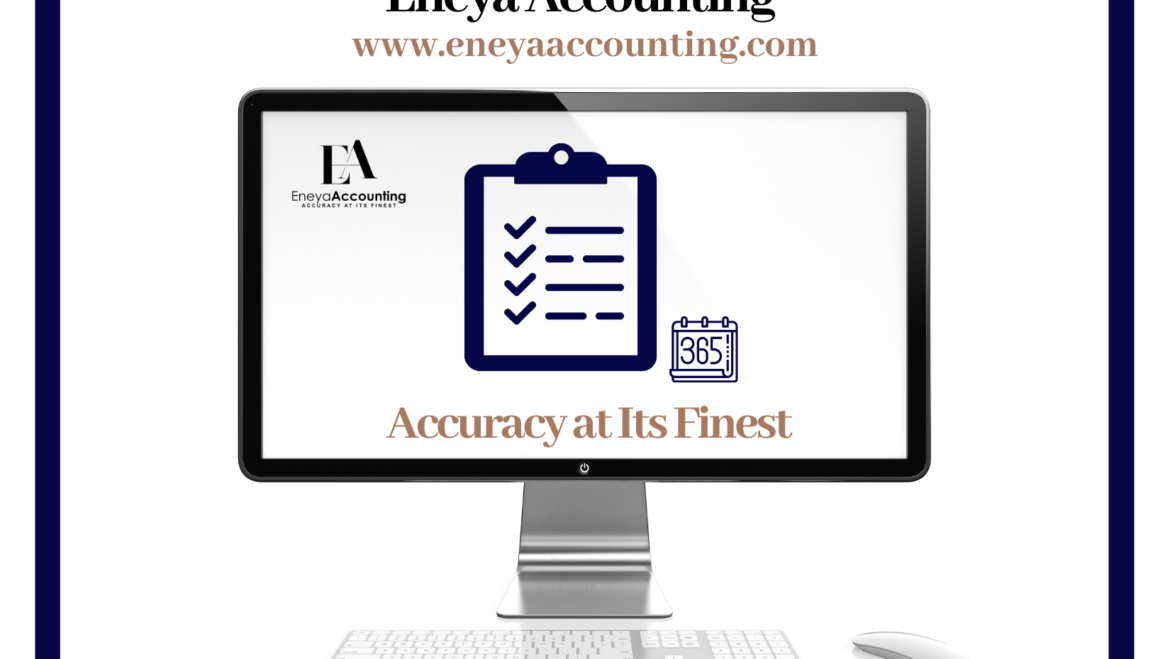Year-End Bookkeeping Checklist
The last month of the fourth quarter, December, consists of proceeding with final reviews and adjustments to finalize the financial reports, including the income statement and balance sheet. You may have wondered why this is, but it is because you are required to report your financial performance to the government by the following year. Some businesses have a different month for their year-end cycle, which will require more adjustments, but those businesses also need to proceed with the same steps on their closing period. The following checklist will ensure accuracy on your financials:
- Employees and Contractors Forms
Businesses are responsible for providing the proper forms (W-2, W-3, 1099-MISC) with the accurate income and withholding amounts to the Internal Revenue Services (IRS) and to the employees and contractors. Their payments and wages must match payroll, and the contractor reports to the accounting database. Besides sending W-2s, businesses are required to file the Form 941 quarterly and annually to report to the IRS the amount of taxes they have collected from employees. These forms must be filed by the last day of the following month. For example, to report the taxes collected for the fourth quarter of 2020, businesses must file the Form 941 by January 31, 2021.
Moreover, contractor payments do not include withholdings, but they are entitled to receive the 1099-MISC, which has to be shipped by January 31, 2021 as well. The most accurate source to keep track of your contractors’ income is the business accounting database. Failure to send the 1099-MISC and W-2 to employees and contractors may result in penalties.
- Reconciling Business Accounts
Companies must reconcile bank accounts, credit cards and lines of credit statements to their accounting database in order to have accurate reports. It means that the statement ending balance should match the software balance to ensure that income and expenses are properly recorded during the period in which they incurred. In the process of reconciling bank accounts, businesses should pay close attention to the cutoff date of bills input during the reconciled period.
- Writing-Off Inventory and Uncollectible Receivables
Some businesses deal with inventory when they sell physical goods to clients. Inventory can lose partial value or become totally damaged (obsolete). In order to have proper inventory valuation, businesses should proceed with an inventory re-evaluation on a quarterly basis.
Additionally, you should look at unpaid invoices to evaluate the collection probability. In case a business tried to collect payments from invoices sent out for more than three quarters, the business should consider reclassifying the receivables as bad debt expenses. Businesses should consult their bookkeepers for accurate evaluation and proper write-off if necessary.
- Clearing the “Ask My Accountant,” “Suspense Account,” or “Miscellaneous Account”
There is no such thing as a “miscellaneous account” section in the tax form as an expense deduction. Reclassifying transactions is an important stage of building accurate financials. Ask My Accountant is an account that needs to be reclassified with your bookkeeper’s assistance to avoid adjustment mistakes. At year-end, the Ask My Accountant account should be empty.
Schedule your consultation with Eneya Accounting, where skilled professionals can accurately close your books. Click this link to request your consultation now.
